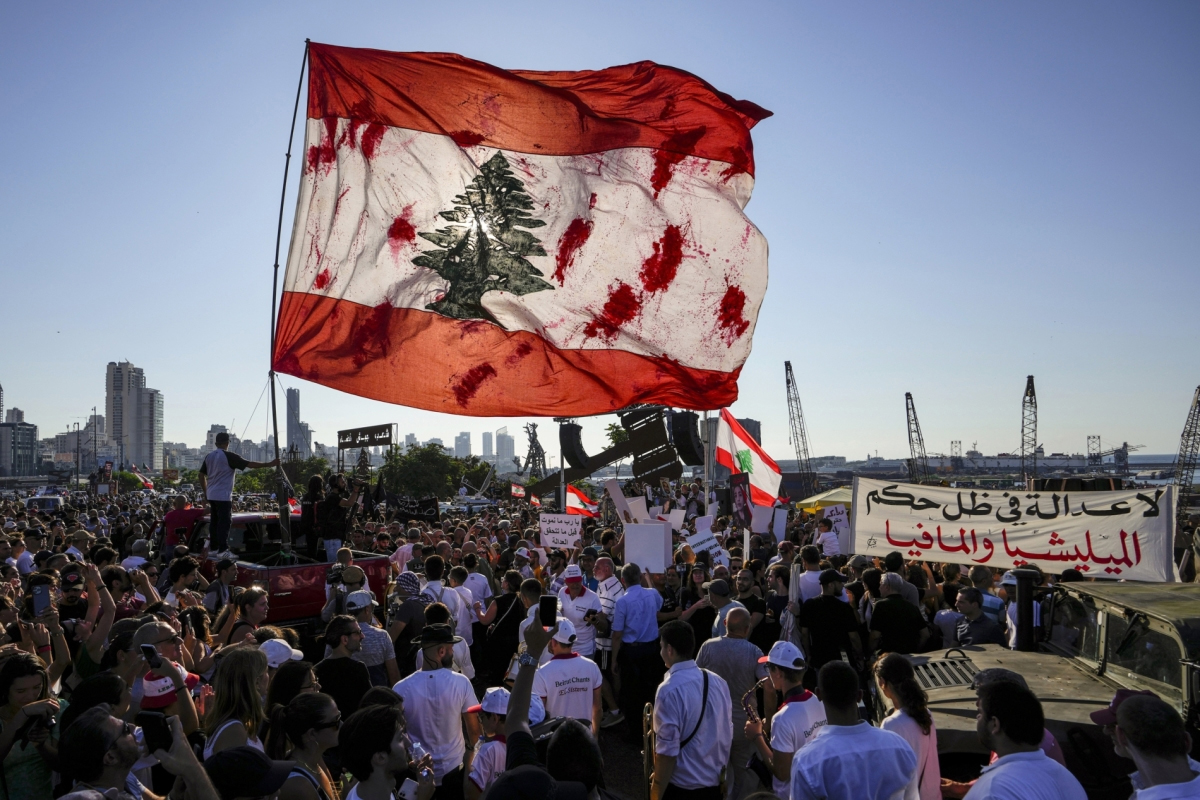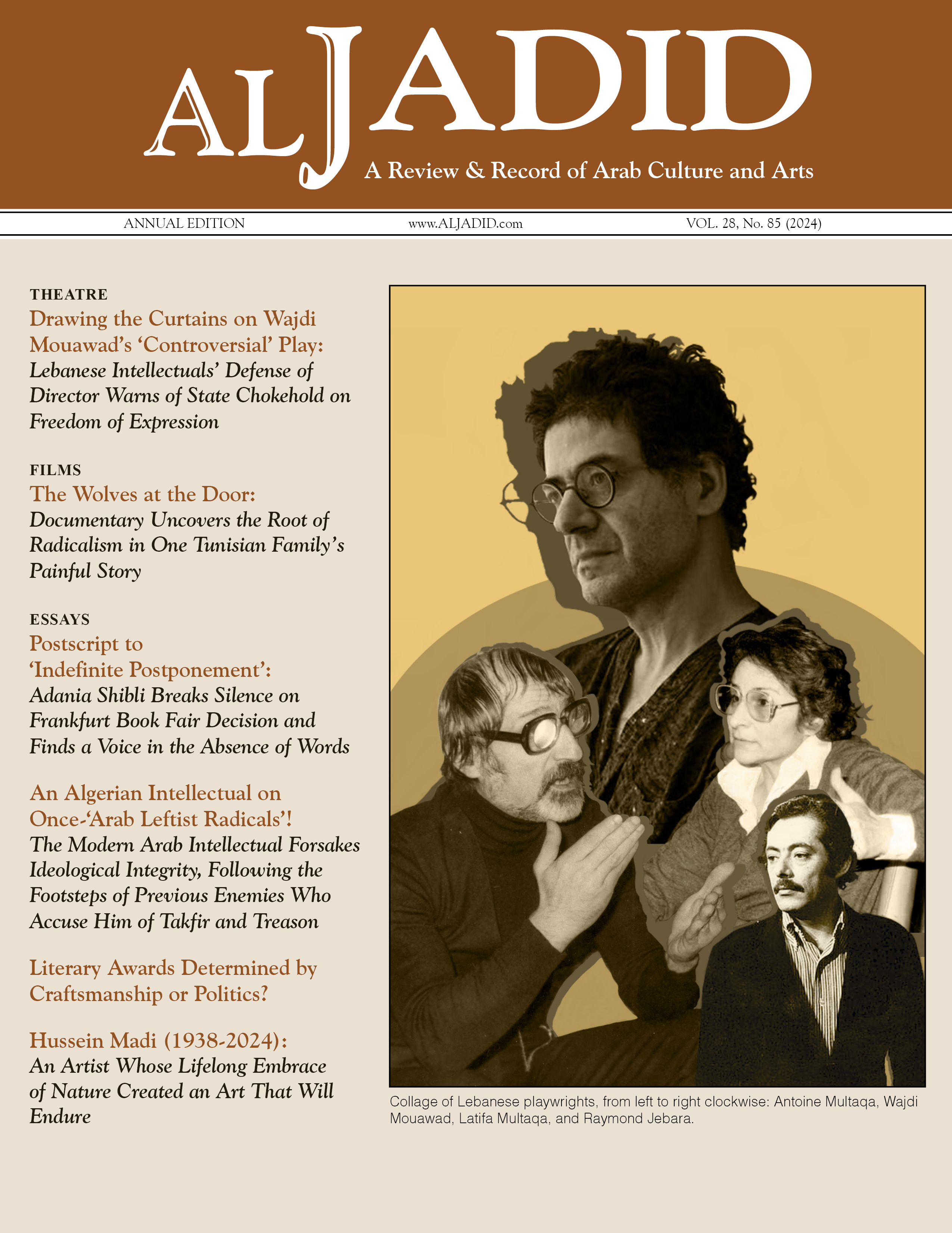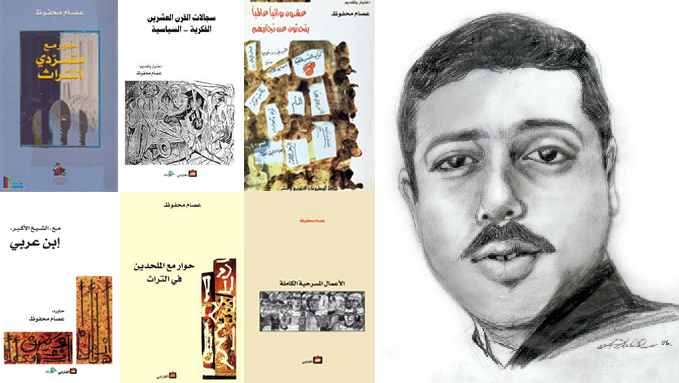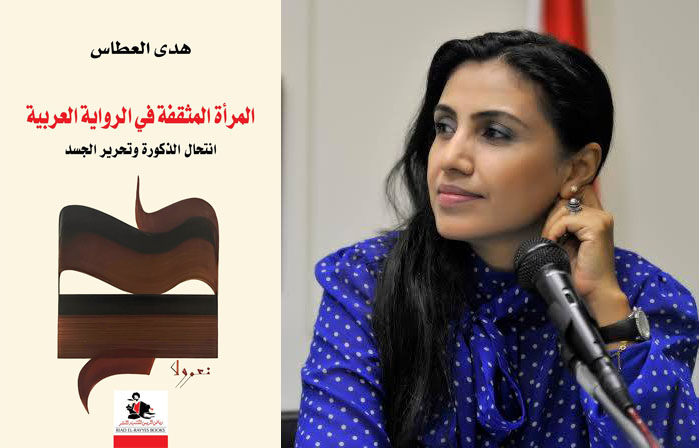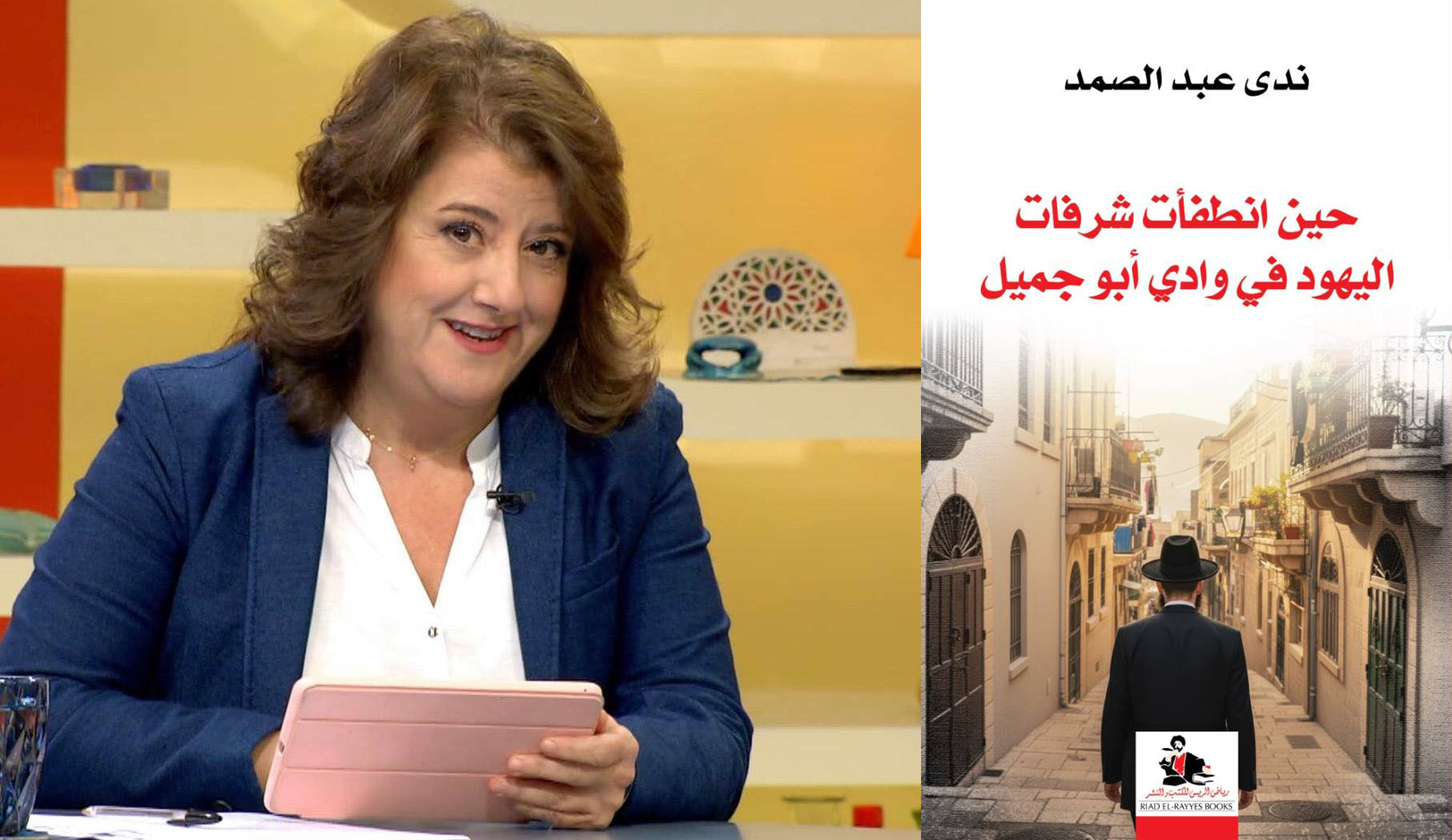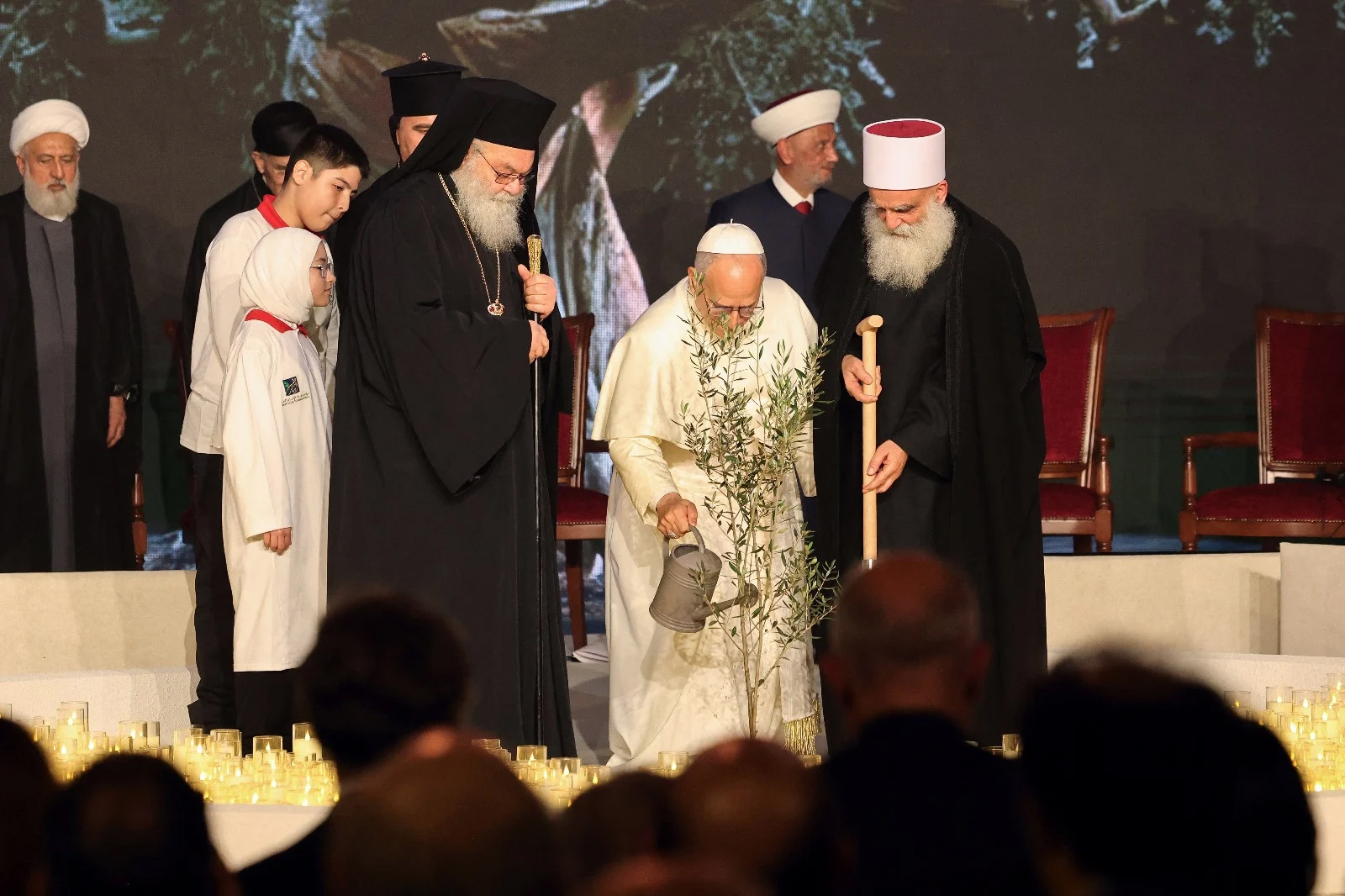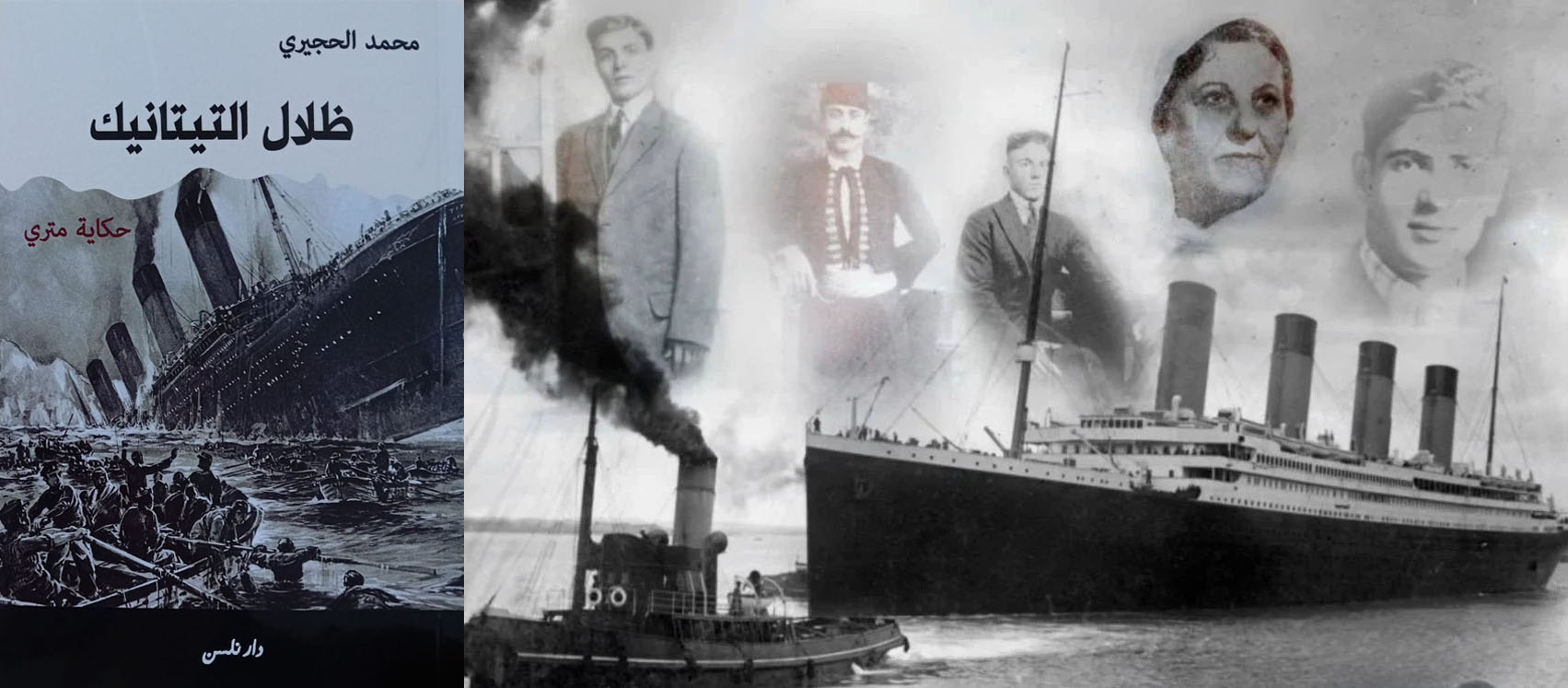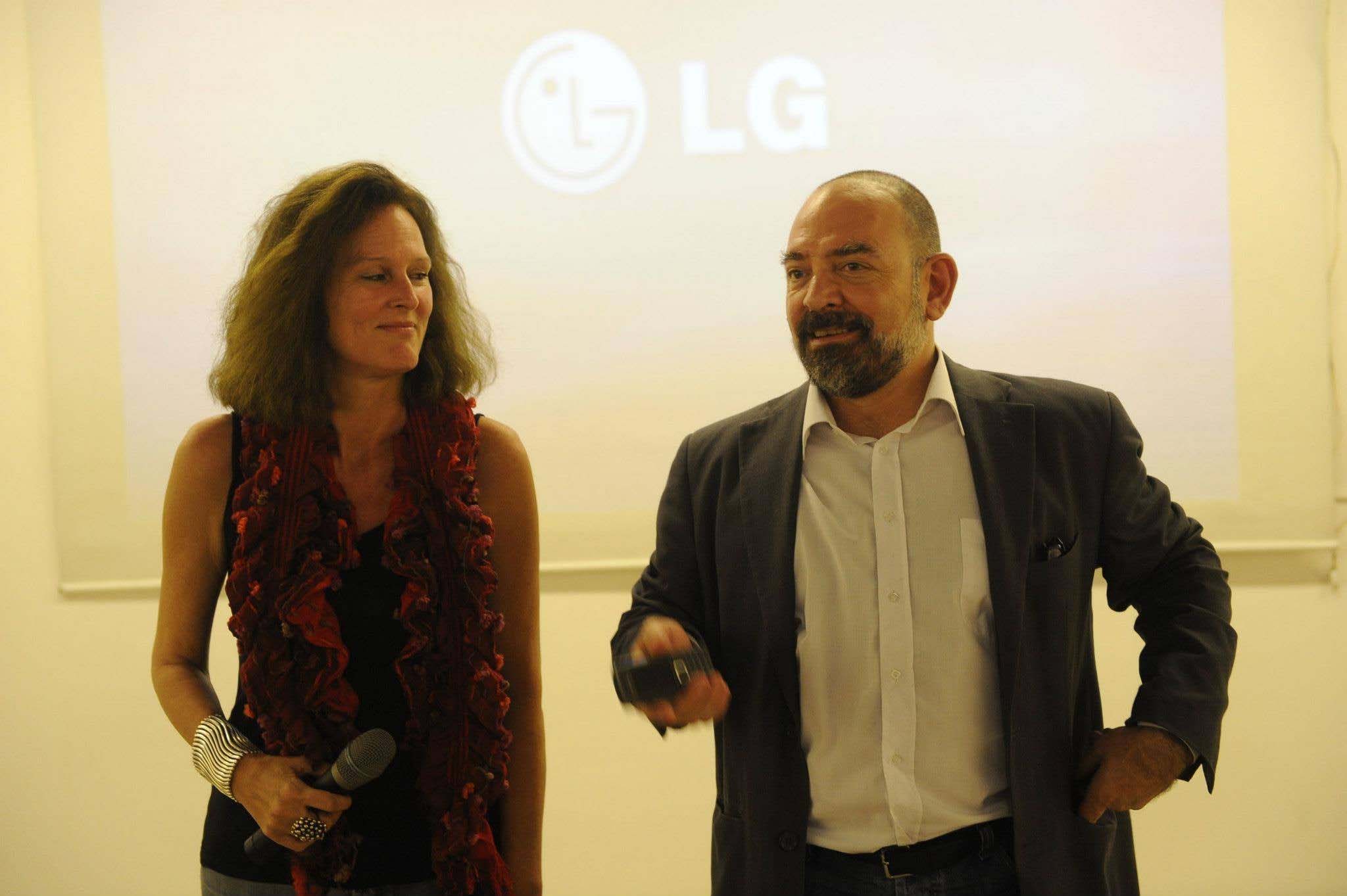
Beirut’s People Still Waiting: The Government That Left a Bomb on Their Doorstep Now Leaves Them Out in the Cold
German Reinvention: Do a Million Syrian Refugees Bring Down the Curtain on WWII Legacy?
The Golden Notebooks
Remembering Lokman Slim (1962-2021)
Lebanese publisher, filmmaker, and activist Lokman Slim, an outspoken critic of Hezbollah, was murdered on Feb. 4, 2021 while on his way home from southern Lebanon. In 2017, Al Jadid published a review of his award-winning film “Tadmor” (Icarus Films, 2016), co-directed with his wife, Monika Borgmann. “Ghosts of the past come in many forms.
Film “1982” Glimpses into Emotional Costs for Innocents Caught in Lebanese War
Premiering at the Toronto International Film Festival in 2019, director Oualid Mouaness’ contemplative drama film “1982” explores the anxiety of war for those who never wished to take part in it. For the teachers and students at a private school in East Beirut, what should have been a “normal” last day of classes becomes anything but, as the distant sounds of bombing come closer and closer. It is 1982, and Beirut, divided between Muslims on the west and Christians on the east, teeters on the cusp of invasion as Israel and Syria fight overhead.

